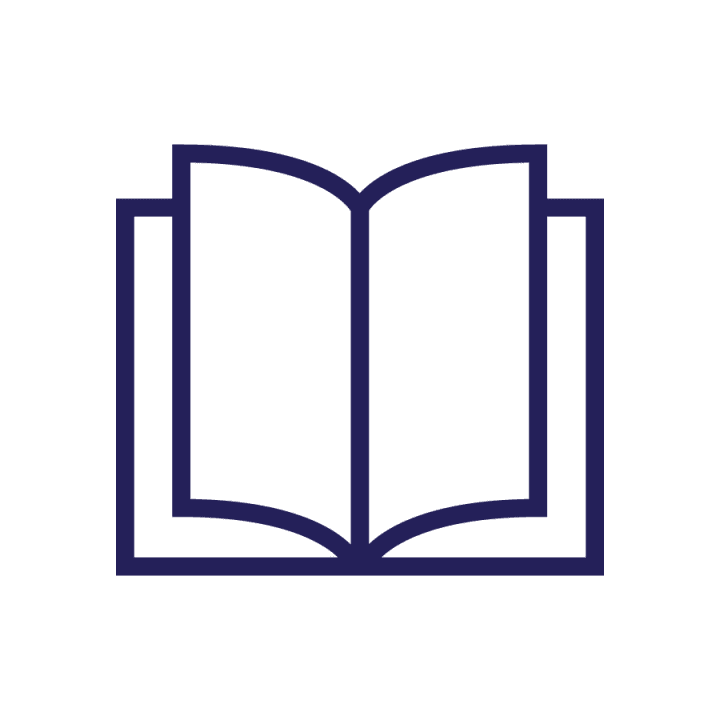Incisive wit, big ideas, and a serious grasp on storytelling constitute a strong opening hand for any good writing, but Colson Whitehead holds a few more cards.
His voice is seriously fresh, whip-smart, dry, melancholy, fluid, and full of light. His fiction is flush with eccentric characters spinning through mundane realities and regular guys and gals manhandling questions of social and psychological import. In his essays and criticism, Whitehead puts his opinions up front, dispensing with conventional throat-clearing and formalities, breaking the rules only because he knows them. His irreverent tone in his TV column for The Village Voice sees Norman Mailer standing behind him, and his love for the neighborhoods of his hometown in The Colossus of New York: A City in Thirteen Chapters (2004) remembers E.B. White’s masterpiece Here Is New York.
Whitehead’s journalism has appeared in Newsday, Spin, Vibe and The Village Voice (where he was a pop culture critic for a couple of years writing about books and music and, eventually, television), The New York Times, New York Magazine, Granta, Harper’s, and Salon. His first novel, The Intuitionist (2000), won the Whiting Award for young writers with exceptional promise and was a finalist for the PEN/Hemingway award. The story of Lila Mae Watson, “the first colored woman in the Department of Elevator Inspectors,” who closes her eyes and detects mechanical troubles by “communicating with the elevator on a non-material basis,” examines the physical and philosophical nature of social progress. A writer for The New York Times Book Review concluded, “Literary reputations may not always rise and fall as predictably as elevators, but if there’s any justice in the world of fiction, Colson Whitehead’s should be heading toward the upper floors.”
Whitehead followed his debut novel with a stunning second: John Henry Days (2001). The book’s protagonist is journalist J. Sutter, who is sent to cover a festival dedicated to the 19th century folk-hero John Henry. Riffing on the Industrial Age and the Digital Age, the two times in recent history that time has been sped up so much that our conception of the world has fundamentally changed, Whitehead continues to explore the theme of identity in story and history. Winner of the New York Public Library Young Lions Award, the Anisfield-Wolf Book Prize, a finalist for the National Book Critics Circle Award and the Pulitzer Prize, and a New York Times Book Review Editors’ Choice, John Henry Days established Whitehead’s place in contemporary American letters. He received the MacArthur “genius” grant the following year. His most recent book, Apex Hides the Hurt (2006), follows the nameless protagonist—a successful nomenclature consultant—on a job to rename the fictitious town of Winthrop. A post-modern spin around history, identity, and language—in language, of course.
Whitehead graduated from Harvard College in 1991. “The people who influenced me a lot in college,” he said in an interview, “when I first started reading the non-Dickens kind of Victorian novel of manners they foist on you in high school, were people like Ellison and Pynchon, stuff like that. Basically, I like the kind of sprawling American books that talk about the culture.” Basically, the kinds of books he has come to write. A native of Manhattan, Whitehead now proudly lives in Fort Greene, Brooklyn.
Excerpt from Apex Hides the Hurt (2006)Isn’t it great when you’re a kid and the whole world is full of anonymous things? He coughed into his sleeve. Everything is bright and mysterious until you know what it is called and then all the light goes out of it. All those flying gliding things are just birds. And etc. Once we knew the name of it, how could we ever come to love it? He told himself: What he had given to all those things had been the right name, but never the true name. For things had true natures, and they hid behind false names, beneath the skin we gave them.
Constellations wheeled around him, lit up under the auspices of the electric company. He stood beneath them in this mess, limping around the valley of the names. Star watchers were f***ed. There were too many stars in the sky to name them all. They were bright and keen, but had to make do with letters and numbers—B317, N467, T675—until they earned their names.
Until then, anonymous and barely there at all.
A name that got to the heart of the thing—that would be miraculous. But he never got to the heart of the thing, he just slapped a bandage on it to keep the pus in. What is the word, he asked himself, for that elusive thing? It was on the tip of his tongue. What is the name for that which is always beyond our grasp? What do you call that which escapes?
Selected WorkApex Hides the Hurt (2006)The Colossus of New York (2004)John Henry Days (2002)The Intuitionist (2000)LinksFor more information on this speaker, please visit www.apbspeakers.com.
